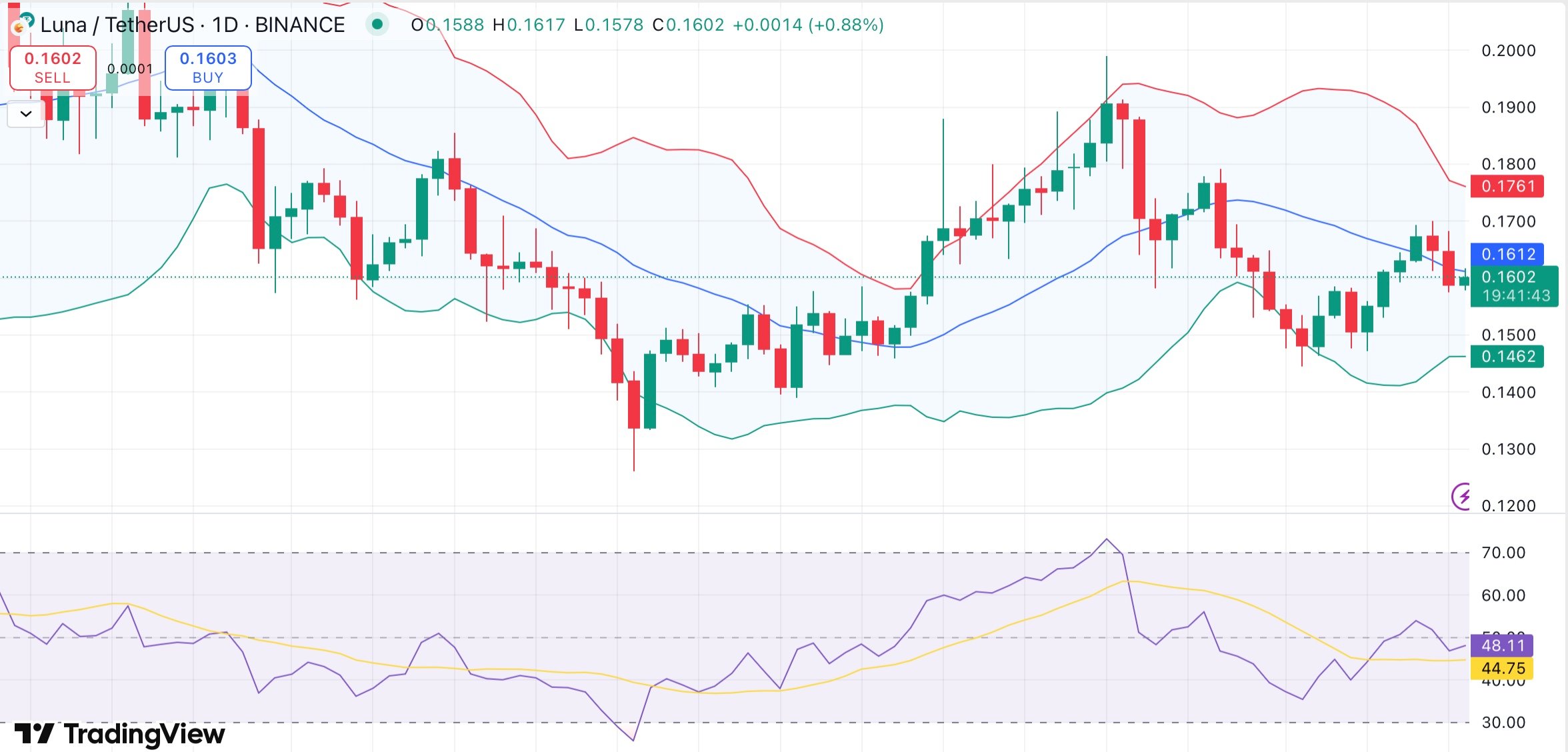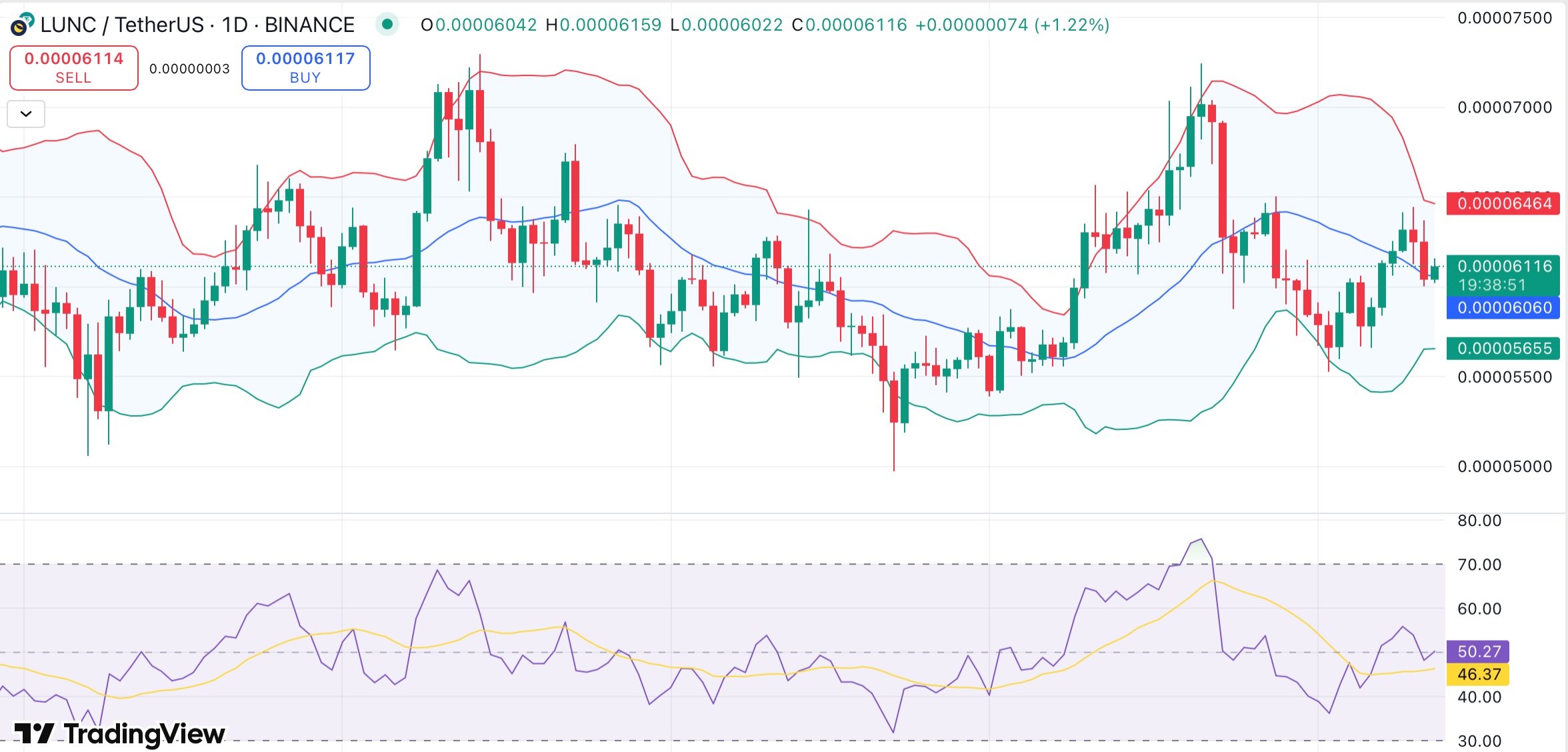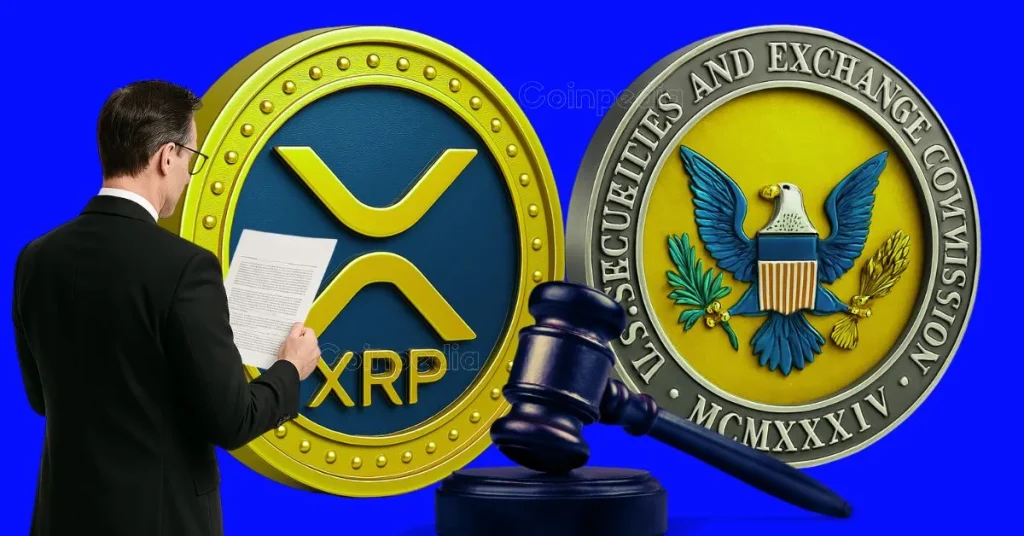LUNA and LUNC on the edge as Do Kwon eyes guilty plea in $40B Terraform case
Terraform Labs founder Do Kwon is in talks to plead guilty in a U.S. criminal case tied to the $40 billion Terra collapse.
- Do Kwon may plead guilty in U.S. case over the $40B Terra ecosystem collapse, according to Bloomberg sources.
- LUNA and LUNC prices fell as investors weighed potential legal and market fallout.
- Case follows global legal pressure, with Kwon already convicted in Montenegro and facing extradition requests.
Terraform Labs founder Do Kwon may plead guilty in a U.S. criminal case over the 2022 collapse of the $40 billion Terra ecosystem, according to an Aug. 11 Bloomberg report citing people familiar with the matter.
The move would mark a major shift in a high-profile legal battle that has weighed heavily on the Terra (LUNA) and Terra Luna Classic (LUNC) tokens for more than two years.
Do Kwon’s mounting legal troubles
Sources told Bloomberg that U.S. prosecutors and Kwon’s legal team are discussing a possible plea deal, though terms have not been finalized. Since his extradition from Montenegro, where he was detained in March 2023 on suspicion of using forged travel documents, Kwon has been in U.S custody.
He faces fraud and securities violations in connection with TerraUSD, the algorithmic stablecoin whose collapse triggered a market-wide selloff in May 2022.
Terraform Labs, which filed for bankruptcy in January, has denied wrongdoing. However, the legal pressure on Kwon has intensified, with U.S. and South Korean authorities pursuing parallel criminal cases. A possible plea deal would not necessarily settle charges abroad, but it might speed up proceedings in the U.S
Due to persistent legal and regulatory obstacles, investor sentiment has been muted, and both LUNA and LUNC are trading close to important technical levels.
LUNA technical picture
At $0.1602, LUNA is trading just above the 20-day moving average of $0.1612 but below the $0.1761 upper Bollinger Band resistance. Neutral momentum is indicated by the relative strength index, which is at 44.75.

Over the past week, the price has been consolidating between $0.148 and $0.169. While trading volume has increased 39.50% over the past day, open interest has decreased 6.16%, indicating that leveraged traders are still being cautious.
A sustained break above $0.169 could target $0.176 and $0.190. A decline toward $0.148 could occur if the $0.158 support is not maintained.
LUNC technical picture
LUNC is trading at $0.00006116, just below the upper Bollinger Band resistance at $0.00006464, and close to its 20-day moving average of $0.00006060. A modest recovery from oversold territory is indicated by the RSI of 46.37.

The 7-day range is $0.00005686 to $0.00006417. Trading volume has risen 3.20% and derivatives volume 17.18%, though open interest fell 3.62%. $0.00007000 could be reached if the price breaks above $0.00006417. Should it be rejected, the price might return towards the $0.00005700 zone.
You May Also Like

What the U.S. shutdown tells us about market resilience

Ripple News: Trump’s CFTC Nominee Has History on XRP’s Side, Here’s Why
